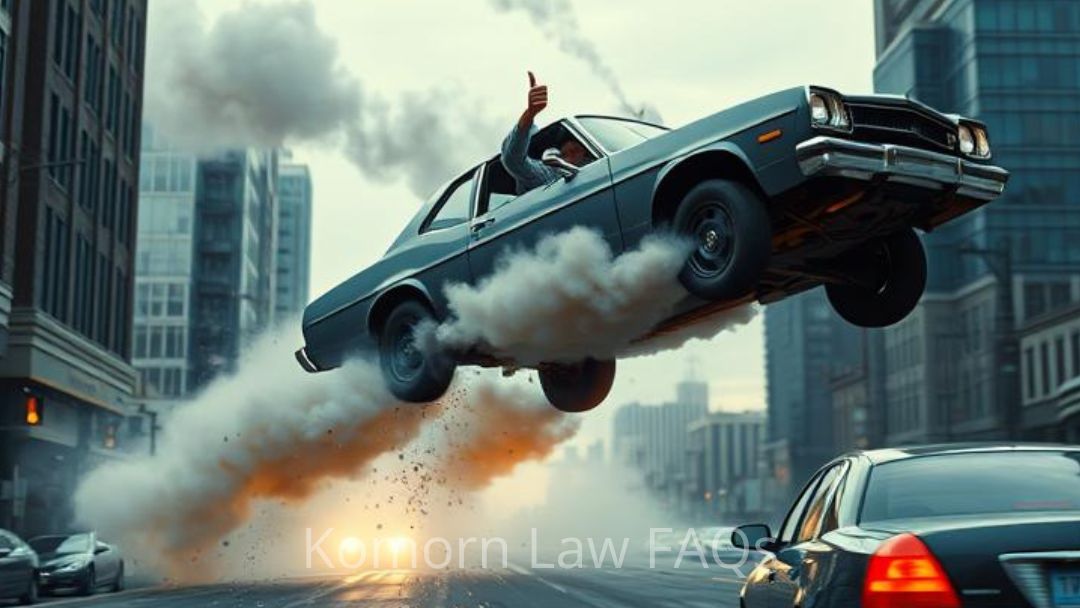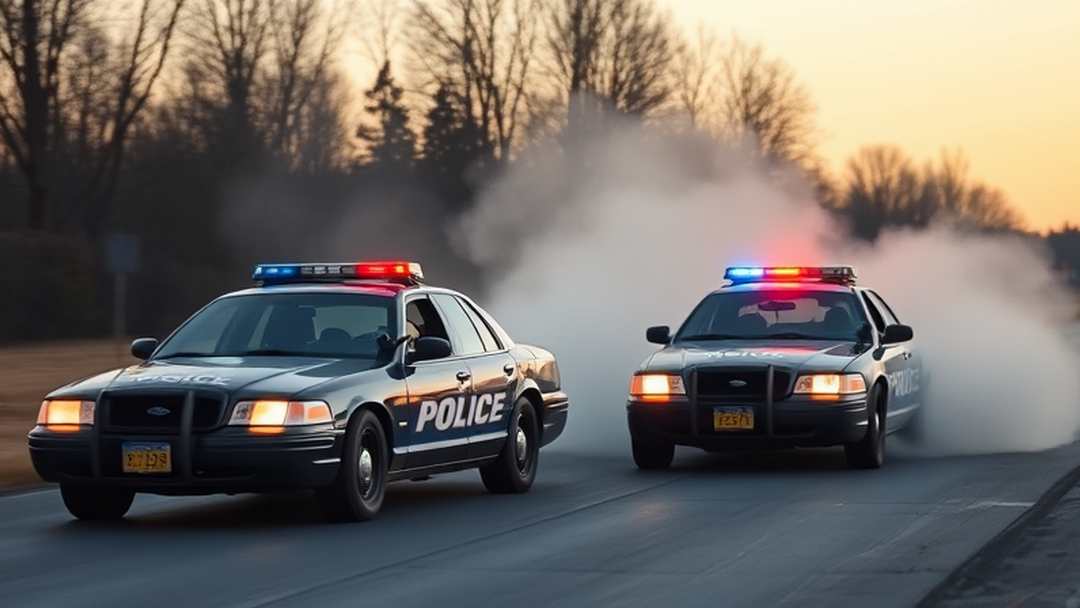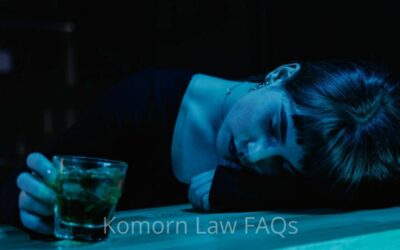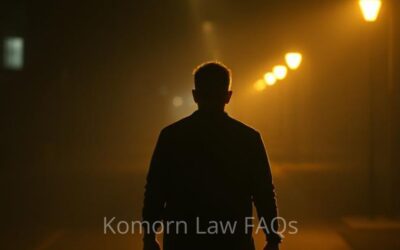Because this is how it always goes…
This is the second part of this post. Read this first – Just Because You’re Hanging Out in a High Crime Area Doesn’t Make You Suspicious.
Standard for Investigatory Detentions / Terry Stops
Under Terry v Ohio and other well established Fourth Amendment cases, an officer can detain a person for a brief investigatory stop if the officer has reasonable suspicion the person is engaged in, or is about to be engaged in, criminal activity.
While the level of suspicion required for a Terry seizure is less than that required for probable cause to arrest, an officer must have more than an inchoate or unparticularized suspicion or hunch.
A Terry seizure is only lawful if an officer has an objectively reasonable particularized suspicion that the specific individual being stopped is engaged in wrongdoing. Determining whether this standard is met requires a fact-specific analysis of the totality of the circumstances known to the officer when the seizure occurred.
Mere Presence in “High Crime” Area and Refusal to Identify
While “presence in a high-crime area may support the existence of reasonable suspicion, the Court noted this is so only if a suspect engages in suspicious behavior.”
Without more, the Court noted there is nothing suspicious about someone sitting alone in a parked car in an apartment-complex parking lot while visiting a resident of that complex, especially during daylight hours when there was no evidence as to how long he was parked there.
Additionally, mere presence in an area of frequent criminal activity does not provide particularized suspicion someone is engaged in any criminal activity, and an officer may not detain someone simply because that person declines a request to identify themself.
Even when viewed together, the Court found these facts did not provide the officers with an objectively reasonable particularized basis for suspecting that Prude was trespassing at the complex when they detained him. Because the officers were not acting lawfully in the performance of their duties when they detained Prude, a required element of the charged offenses, there was insufficient evidence to support his convictions beyond a reasonable doubt.
The Court also highlighted well established caselaw “that a refusal to cooperate [with police], without more, does not furnish the minimal level of objective justification needed for a detention or seizure.”
While the officers had the right to seek a consensual encounter with Prude in the parking lot to determine if he was engaged in criminal activity and to advise him of any trespass policy the complex may have had, there was no evidence that Prude engaged in any suspicious behavior to provide a particularized basis for a seizure under the Fourth Amendment.
The Court noted that “finding reasonable suspicion under these circumstances would effectively mean that any person who is approached by an officer in a high-crime area must fully cooperate with that officer or else be subject to a Terry seizure” and that “ironically, the compliance that would be required to avoid a seizure would essentially amount to a seizure.”
The Court expressly declined to create “an exception to the Fourth Amendment for all people living in or passing through certain neighborhoods.”
Officers are reminded that except for the requirement to possess a valid operator’s or chauffer’s license when operating a motor vehicle and to display it upon demand of any police officer under MCL 257.311 when lawfully stopped by that officer, and absent unique circumstances such as concealed pistol license holders lawfully stopped by police, there is generally no legal duty under state law to provide identification or otherwise cooperate with police requests or demands for information.
Komorn Law (248) 357-2550
Criminal Defense | DUI | Traffic Tickets | Business | Family Law
Determining Whether Officer’s Actions were “Lawful”
When reviewing challenges to convictions in cases where the lawfulness of police action is an element of the criminal offense, as it is for resisting and obstructing a police officer and fleeing and eluding, courts will view the facts in the light most favorable to the prosecution and then determine whether the officer’s actions were “lawful” by viewing those facts under a lens sufficiently deferential to that conduct. As such, officers are reminded of the importance of remaining thorough in their articulation of the facts and circumstances surrounding their actions and the exercise of their lawful authority.
Holding
Because the officers’ actions were outside the lawful performance of their duties, a required element for each offense, the prosecution did not prove Prude’s guilt beyond a reasonable doubt. Prude’s convictions were found to be invalid.
Source: Legal Update 157 Mich.gov
Just goes to show – when you fight there’s a chance you can win.
Better call Komorn (248) 357-2550
Related Posts
Sometimes our posts provide a general overview of things with opinionated sarcasm and dry humor by the writer to lighten the same old same old of other law sites. It does not substitute for legal advice. Anyone charged with a criminal offense should consult an attorney for specific legal guidance. BTW. True Fact: When Michael Komorn fights the justice system there is only one focus. You and your rights.
Recent

Criminal Law FAQs – Traffic Offenses
Michigan Criminal Laws FAQs Traffic OffensesAccording to Michigan State Law (Michigan Compiled Laws - MCL), Traffic Offenses encompass a wide range of violations related to the operation of motor vehicles on public roads and highways. These offenses are primarily...

Criminal Law FAQs – Drunk and Disorderly
Michigan Criminal Laws FAQs Drunk and DisorderlyAccording to Michigan State Law (Michigan Compiled Laws - MCL), there isn't a specific statute that solely defines "Public Drunkenness" as a statewide criminal offense in the same way some other states might have a...
Related
Criminal Law FAQs – Drunk and Disorderly
Michigan Criminal Laws FAQs Drunk and DisorderlyAccording to Michigan State Law (Michigan Compiled Laws - MCL), there isn't a specific statute that solely defines "Public Drunkenness" as a statewide criminal offense in the same way some other states might have a...
Criminal Law FAQs – Drinking Alcohol or Smoking Marijuana and Driving
Michigan Criminal Laws FAQs Operating a Motor Vehicle Under The InfluenceWalking is cool... For fun and excercise. Not because you lost your license. Don't do the crime if you can't pay the price. But if you do get charged with a crime. Better Call Komorn to fight for...
Criminal Law FAQs – Probation Violations
Michigan Criminal Laws FAQs Theft CrimesAccording to Michigan State Law (Michigan Compiled Laws - MCL), a Probation Violation occurs when a person who has been sentenced to probation fails to comply with the terms and conditions of their probation order. These terms...
Criminal Law FAQs – Theft Crimes
Michigan Criminal Laws FAQs Theft CrimesAccording to Michigan State Law (Michigan Compiled Laws - MCL), Theft Crimes generally involve the unlawful taking of someone else's property with the intent to deprive them of it, either permanently or for a significant period....
Criminal Law FAQs – Domestic Violence
Michigan Criminal Laws FAQs Domestic ViolenceAccording to Michigan State Law, Domestic Violence is not a standalone criminal offense but rather a designation applied to certain crimes when the victim is a "spouse or former spouse, an individual with whom the person...
Criminal Law FAQs – Assault and Battery
Michigan Criminal Laws FAQs Assault and BatteryAccording to Michigan State Law, Assault and Battery are distinct but often related offenses. There isn't one single statute that explicitly defines both terms together. Instead, their definitions have evolved through...

















